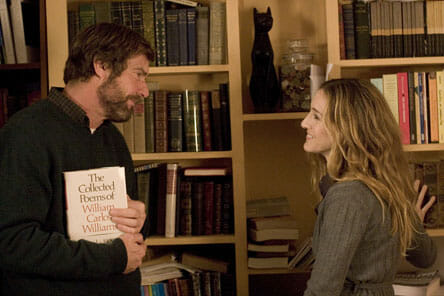Smart People

Release Date: April 11
Director: Noam Murro
Writer: Mark Jude Poirier
Cinematographer: Toby Irwin
Starring: Dennis Quaid, Ellen Page, Thomas Haden Church
Studio/Run Time: Miramax, 95 mins.
-

-

-

-

-

-

-

-

-

-

-

-

-

-

-

-

-

-

-

-

-

-

-

-

-

-

-

-

-

-

-

-

-

-

-

-

-

-

-

-








































